Dungeons & Dragons: Ranking All Casting Classes
Dungeons & Dragons: Ranking All Casting Classes
Dungeons and Dragons 5e Spellcaster Classes: A Fun and Magical Journey
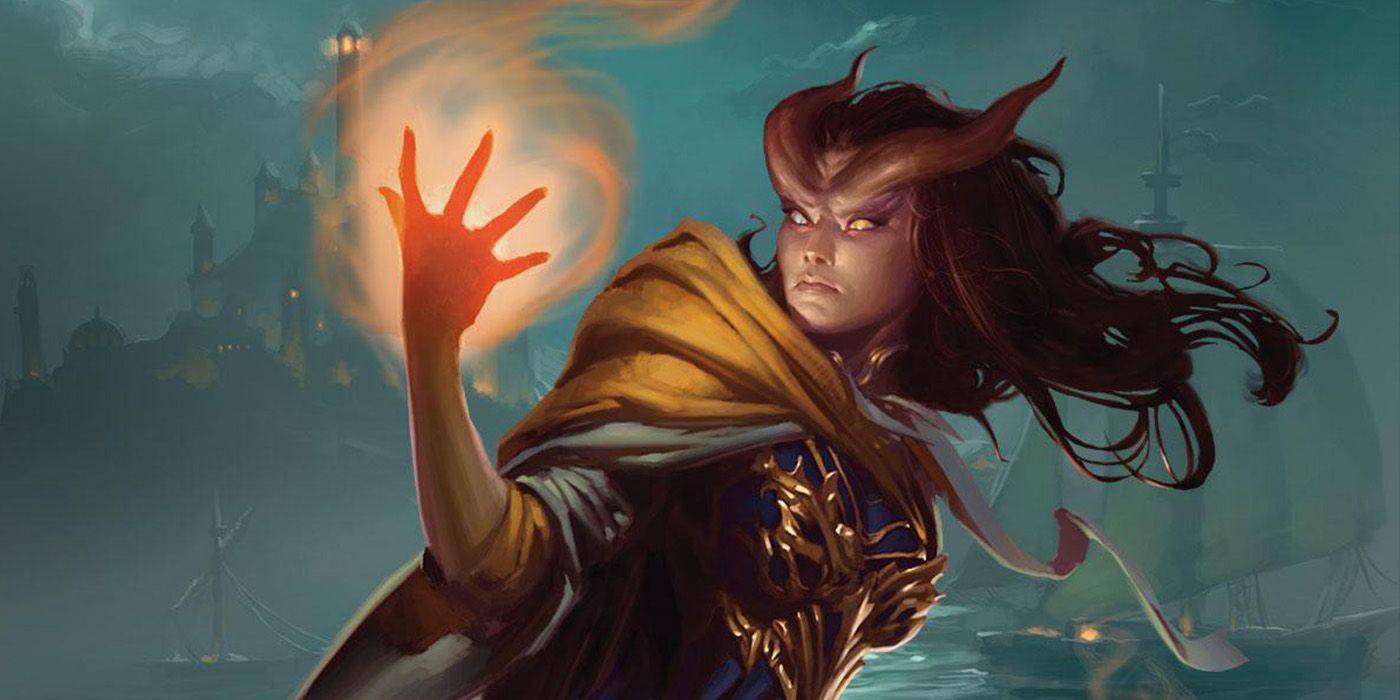
In the world of Dungeons and Dragons, spellcasters are a force to be reckoned with. There are a variety of casting classes to choose from, each with their own unique abilities and playstyles. Let’s take a closer look at some of the most popular spellcaster classes in the game.
1. The Wizard: Master of Magic
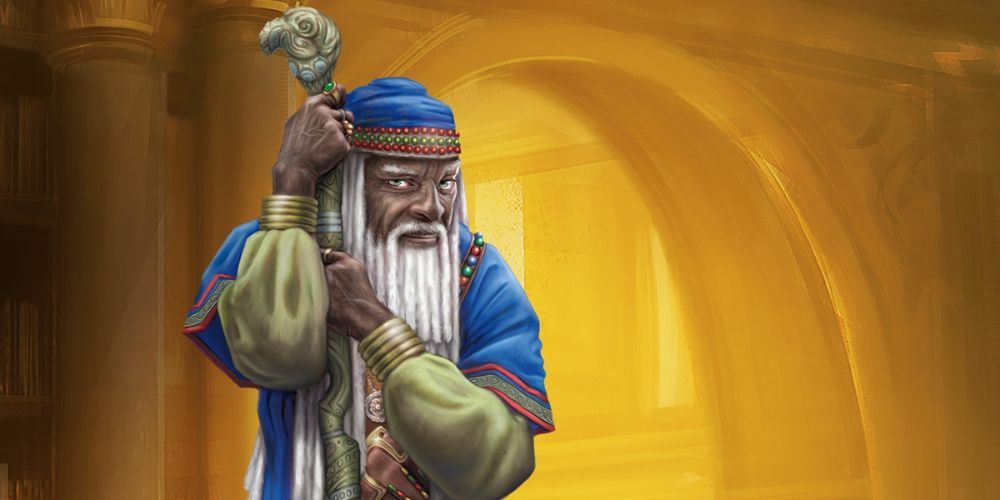
The Wizard is the quintessential spellcaster class in DnD. With their vast arsenal of spells, Wizards can control the battlefield and unleash devastating magical attacks. They are the go-to class for players new to casting, as they are easy to learn and master. However, be prepared for a lack of defensive spells and a limited number of spell slots.
Strengths of the Wizard Class: – Easy to learn, easy to master, but still varied and complex – Powerful spells, fit for one of the most iconic D&D classes
Weaknesses of the Wizard Class: – Low number of spell slots – Arguably the most spongey, squishy class in D&D, without defensive spells
2. The Druid: Nature’s Allies
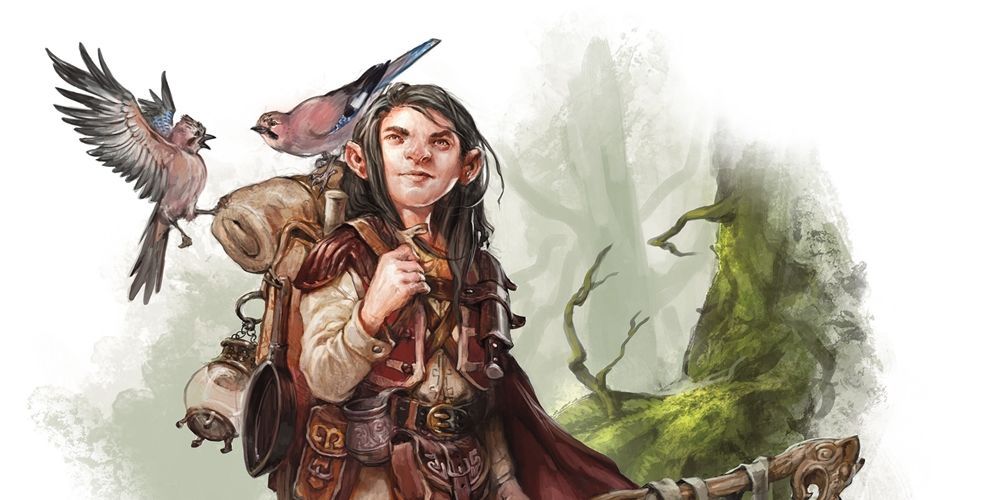
Druids are the guardians of nature and have a deep connection with the animals and elements around them. They possess the ability to shape-shift into fearsome creatures and wield nature-based spells. While not strictly spellcaster-focused, Druids offer a wide variety of spell options for combat and role-playing. However, they require careful planning and strategy to reach their full potential.
Strengths of the Druid Class: – Shapeshifting through Wild Shape opens up more complexity – Tons of spell variety & ways to approach both combat and RP
Weaknesses of the Druid Class: – Not casting-focused, which makes Druids weaker than other spellcasters – Requires careful planning ahead of time to maximize build
3. The Cleric: Divine Support
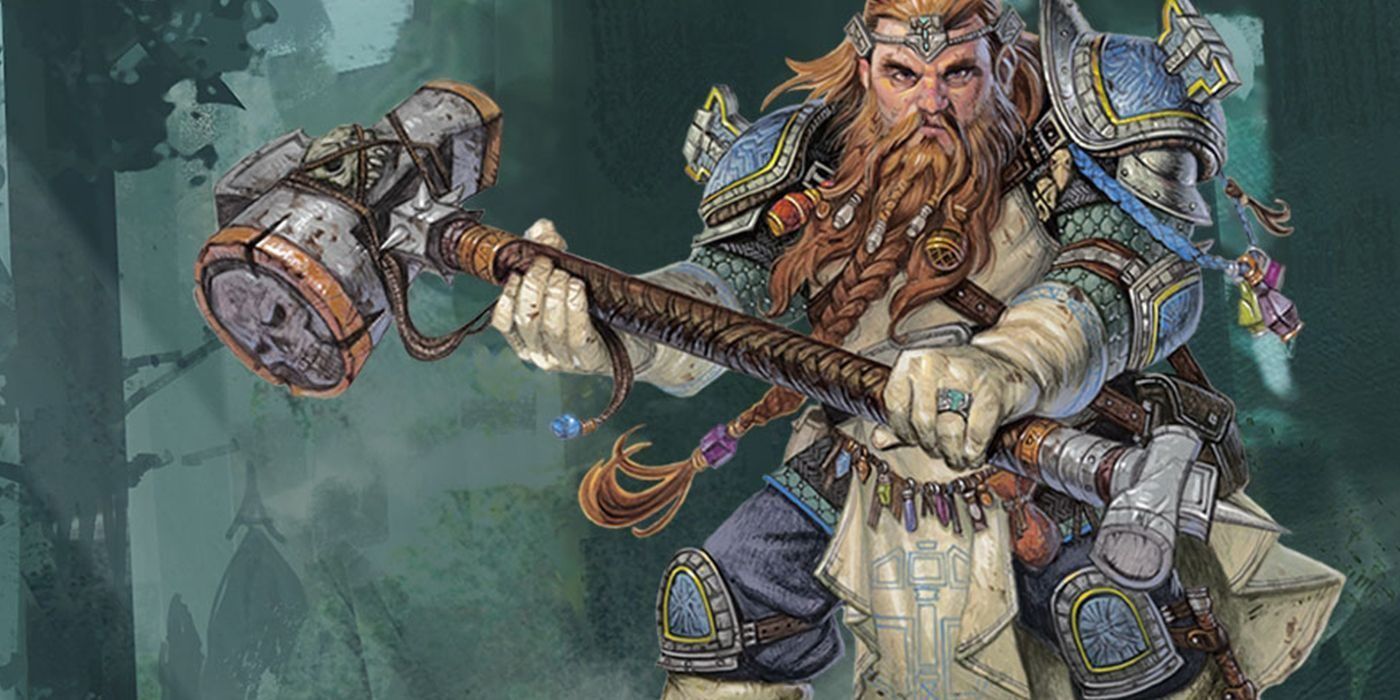
Clerics are the holy warriors of the D&D world. While they excel in healing and support roles, they are not limited to them. The choice of Domain determines their role in the party, whether it’s wielding arcane powers like a Wizard or providing traditional healing and support abilities. Clerics are highly versatile and can be a powerful asset to any group, as long as they’re used effectively.
Strengths of the Cleric Class: – Default Healing class, one that doesn’t sacrifice combat ability – Tons of variety for players who want to avoid the Support role
Weaknesses of the Cleric Class: – Focusing on non-Support spells can draw ire from teammates – Relatively straightforward, uncomplicated class, despite its variety
4. The Bard: Melodies and Magic
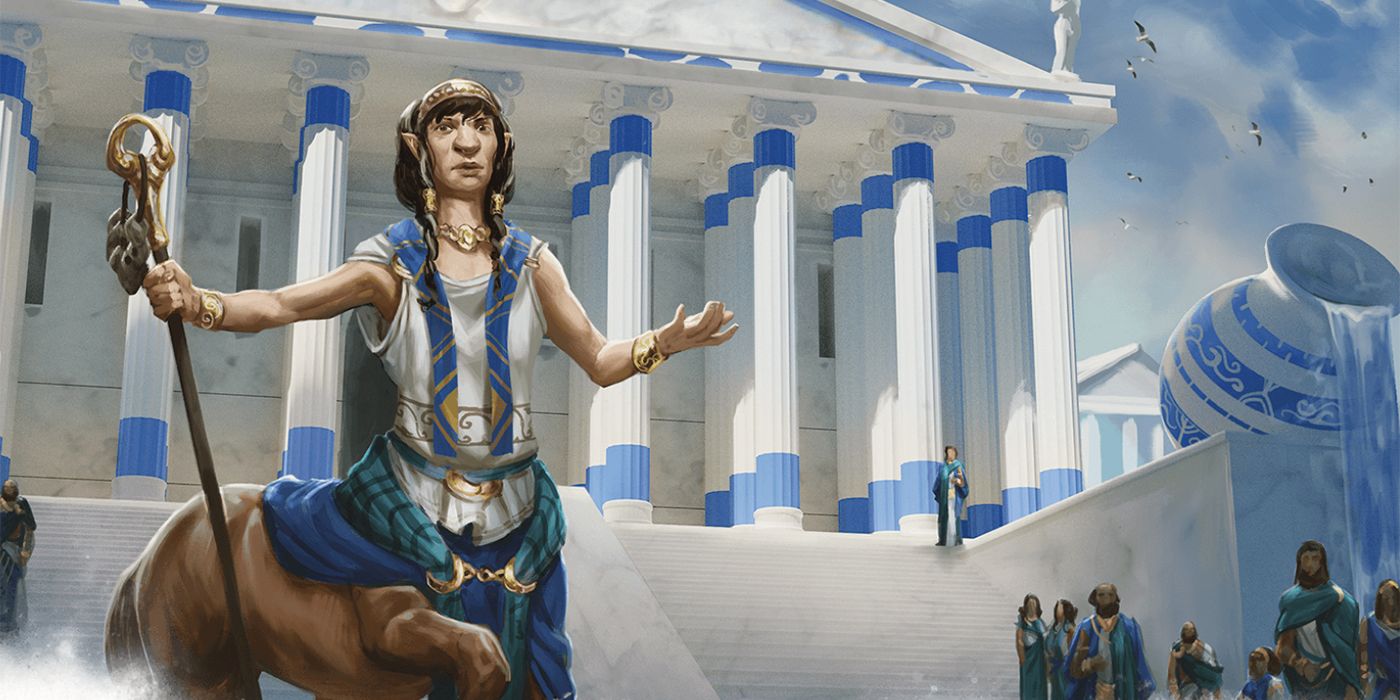
The Bard is the life of the party, both figuratively and literally. With musical buffs, Bardic Inspiration, and unique College-based abilities, Bards can fill almost any party role. From enhancing their innate abilities to becoming melee fighters, Bards are incredibly versatile. However, they may not have the same raw power as other role-specific classes.
Strengths of the Bard Class: – Arguably the most versatile, multi-role-filling class in D&D – Practically the default class for Support, Buff-heavy builds – Opportunities for merriment, singing, and silly, raunchy RP
Weaknesses of the Bard Class: – Not as strong as more role-specific-focused classes – Requires careful planning to make them useful at high levels
5. The Warlock: Pact with the Devil
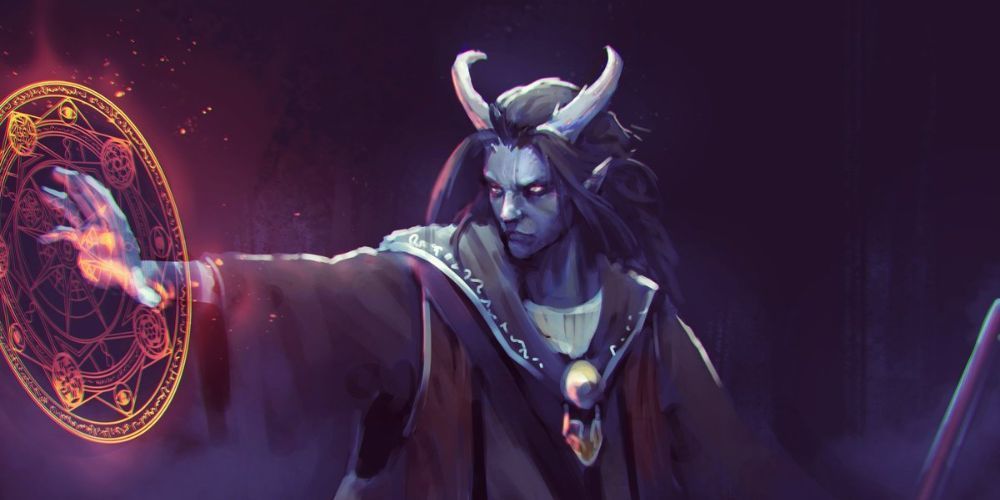
Warlocks are a unique breed of spellcasters, with power granted to them by otherworldly patrons. They have fewer spell slots than other classes but make up for it with a variety of pacts and invocations. Warlocks offer late-game diversity, allowing players to customize their spells and progression paths. They are beginner-friendly but lack the complexity of other classes.
Strengths of the Warlock Class: – Tons of late-game diversity for spells and progression paths – Cantrips help significantly from the very start – Uniquely tied to demonic forces, for edgy RP
Weaknesses of the Warlock Class: – Low spell slots and spell slot levels – Almost too beginner-friendly thanks to lack of complexity, though simple to learn
6. The Artificer: Steampunk Inventors
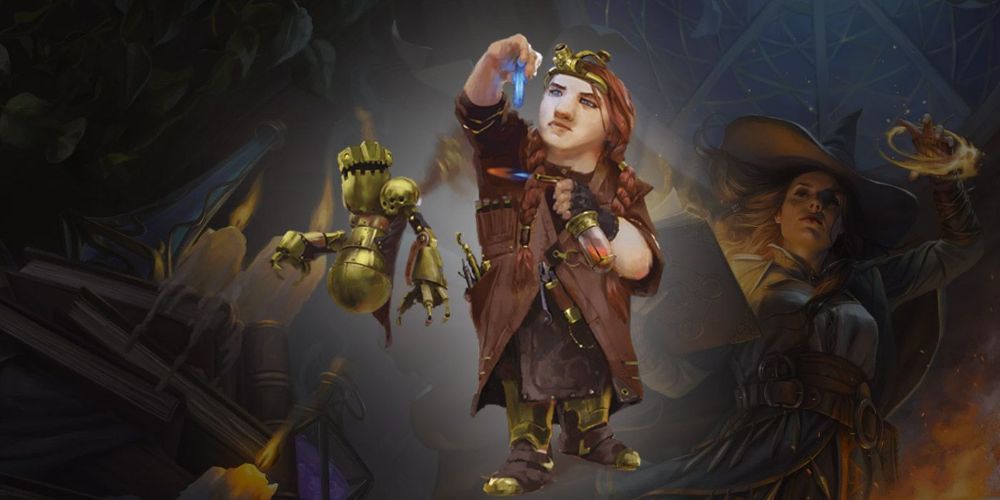
The Artificer is a new addition to the D&D casting classes, introduced in the Eberron: Rising guidebook. They are akin to steampunk MacGyvers, using alchemy, infusion magic, and tinkering abilities to create magical devices. Artificers thrive on versatility in combat, but they also require players to micromanage constantly. They offer unique RP opportunities in a world without technology.
Strengths of the Artificer Class: – Unique RP opportunities as a technology user in a fantasy setting – Incredibly varied abilities and gameplay style, almost too much so
Weaknesses of the Artificer Class: – Arguably the most complex, micromanage-heavy spellcaster – Requires intimate knowledge of the game’s systems
7. The Sorcerer: Unleash the Chaos

Sorcerers are born with innate magical abilities, making them a force to be reckoned with. While they have a limited number of spells compared to other casters, Sorcerers make up for it with their ability to deal massive damage. They are a complex class to play, requiring careful management of in-combat options. When a Sorcerer fully unleashes their power, enemies are reduced to dust.
Strengths of the Sorcerer Class: – Complex without being overbearing – Powerful, if limited, spell selection
Weaknesses of the Sorcerer Class: – A lack of variety means a lack of combat options – Can be very squishy, requires defensive abilities
8. The Blood Hunter: From The Critical Role Podcast
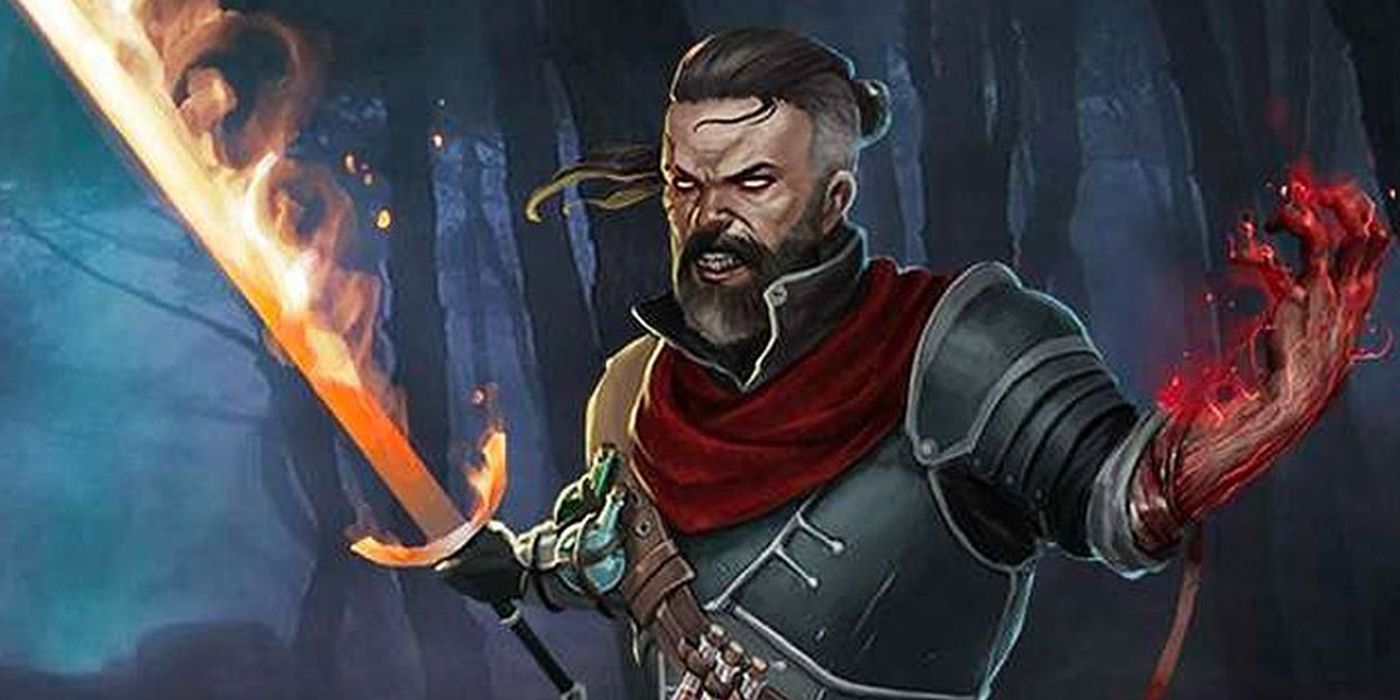
The Blood Hunter is a special class introduced through an online service called D&D Beyond. It originated from the popular Critical Role Dungeons and Dragons podcast and combines the best of spellcasting and melee combat. With branding curses, blood magic, and Witcher-like augmentations, Blood Hunters offer a unique and engaging playstyle. However, their availability is limited to D&D Beyond’s online rulebooks.
Iconic Abilities of the Blood Hunter Class: – Branding Curses, Blood Magic, Witcher-like Augmentations
Primary Stats of the Blood Hunter Class: – Strength/Dexterity and Intelligence
Strengths of the Blood Hunter Class: – Powerful, varied abilities and combat style – Lots of room for unique RP and character backstories – One of the few “new” classes, ripe for long-time and new players alike
Weaknesses of the Blood Hunter Class: – Can be complex to learn for new D&D players – Only available through D&D Beyond’s online rulebooks
So, whether you prefer to channel the power of nature as a Druid or unleash devastating spells as a Wizard, there’s a spellcaster class in Dungeons and Dragons 5e that suits your playstyle. Explore the magical world of D&D, experiment with different classes, and embark on epic adventures with friends. Just remember to bring your sense of humor and embrace the joy of casting spells!
